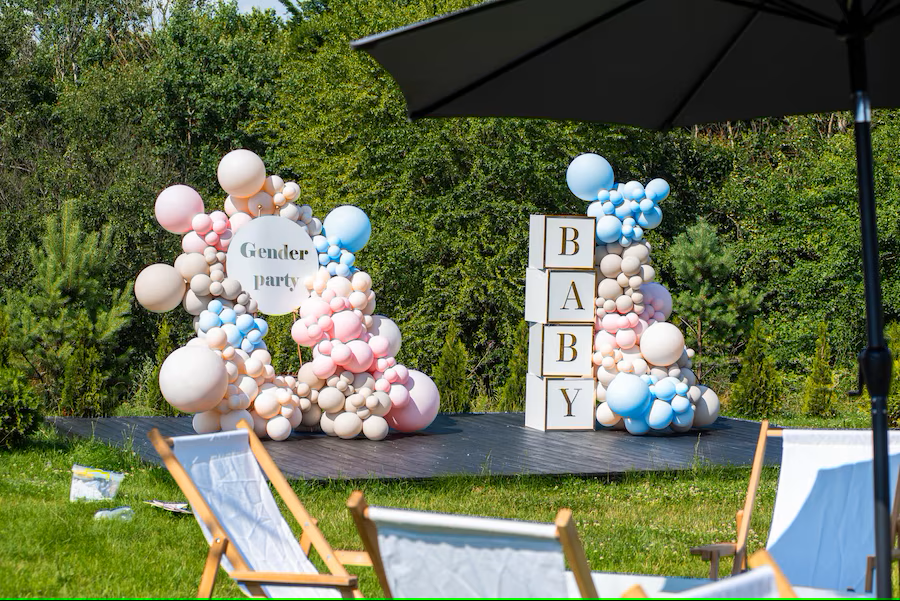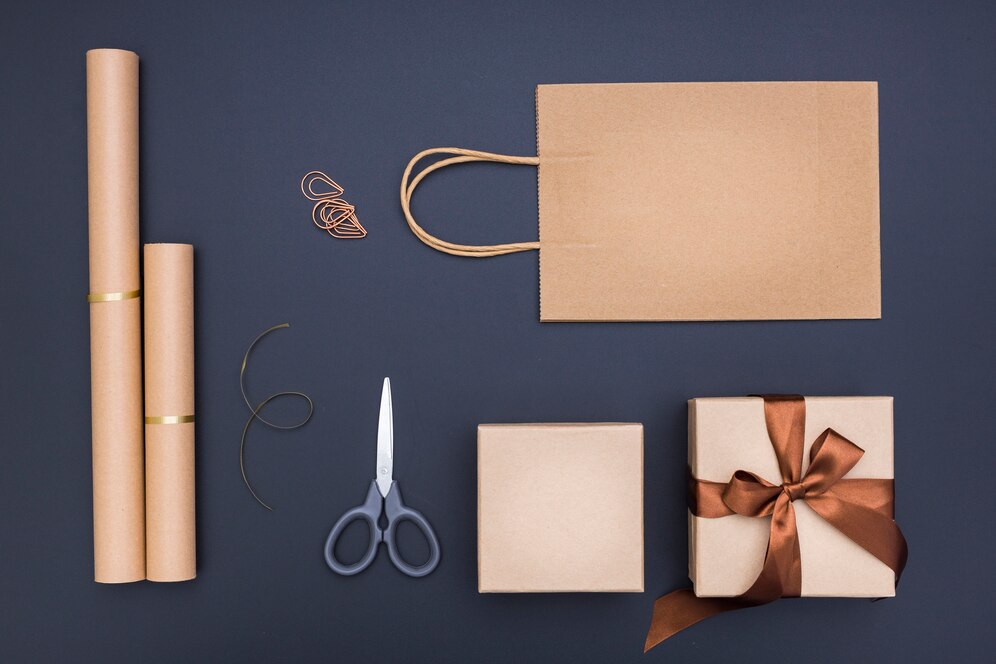Gift-giving is a timeless act of love, appreciation, and connection. But with so many options available, choosing the perfect gift can sometimes feel overwhelming. Whether you’re shopping for a birthday, holiday, or a “just because” moment, this guide walks you through 12 essential criteria that will help you pick the right gift every time.
1. The Recipient’s Personality and Interests

Every person is unique, and the best gifts reflect that. When choosing a gift, consider the recipient’s hobbies, passions, and lifestyle. Are they into sports, tech, fashion, reading, or the arts? A thoughtful gift that aligns with their interests shows you truly know and appreciate them. For example, a custom sketchbook would be perfect for an aspiring artist, while a gadget might thrill a tech enthusiast. Personal touches based on their preferences make gifts more meaningful and memorable. Think about what excites or relaxes them—and choose accordingly.
2. Cultural or Religious Considerations
Cultural and religious backgrounds play a vital role in how gifts are received. What is acceptable in one culture might be inappropriate in another. For example, gifting alcohol may be offensive in certain religious contexts, while certain colors or items might carry symbolic meanings in specific cultures. Doing a little research or asking discreetly can help you avoid uncomfortable situations. Respecting these differences shows maturity, awareness, and consideration. It also reflects your willingness to understand and honor the recipient’s beliefs and traditions, making your gift more thoughtful.
3. Relationship with the Recipient
The closeness of your relationship to the recipient should guide your gift choice. A gift for a spouse or close friend will naturally differ from what you might give a distant relative, a co-worker, or a casual acquaintance. More intimate relationships often call for personal, heartfelt gifts, while professional relationships might be better served with neutral yet thoughtful items like books, gift cards, or desk accessories. Understanding the nature of your relationship prevents awkwardness and helps ensure the gift is received in the right spirit.
>>> 9 Thoughtful Relationship Gifts to Show Your Love in a Meaningful Way
4. The Occasion

The occasion for the gift significantly influences what is appropriate. A romantic anniversary gift will differ from a graduation present or a baby shower contribution. Always tailor the gift to the event’s significance and emotional tone. For instance, sentimental items like photo albums or keepsakes work well for personal milestones, while fun or humorous gifts might be better suited for casual celebrations like a colleague’s birthday. Understanding the tone of the occasion ensures your gift fits in and enhances the moment, rather than feeling out of place.
Confused about which gifts to choose for that special person and occasion? Easy Gifting has been created to help you out of the hustle involved in choosing the perfect gifts.
>>> Get Easy Gifting, your quick guide to choosing the perfect gifts every time.
5. Budget
Setting a budget before you shop for a gift is wise. It helps narrow down options and keeps you from overspending. The value of a gift is not measured in price but in thoughtfulness and relevance. Sometimes, a handwritten note or a handmade item can have more emotional impact than an expensive purchase. Gifts within your means also prevent financial stress. Planning ahead and sticking to your budget ensures you give from a place of joy, not pressure, and proves that great gifts don’t have to break the bank.
>>> 10 Romantic Ideas for an Unforgettable Marriage Anniversary Celebration
6. Age Group
Age is another crucial factor in selecting the perfect gift. A child’s gift will differ greatly from what you’d give a teenager, adult, or elderly person. Young children may appreciate toys or art supplies, while teenagers might prefer tech gadgets or trendy items. Adults often appreciate gifts that combine function with beauty, such as stylish home items or practical tools. Seniors may value comfort, health-related items, or things that spark nostalgia. Matching the gift to the recipient’s age ensures it is not only appropriate but also useful and appreciated.
7. Practicality and Usefulness
A practical gift that the recipient can use in their daily life often leaves a more lasting impact than something purely decorative. Before buying, ask yourself: “Will this make their life easier, more enjoyable, or more productive?” Items like planners, kitchen gadgets, quality stationery, or portable chargers often hit the mark. Thoughtful utility shows you considered the recipient’s real needs. Of course, practicality doesn’t mean boring—combine usefulness with aesthetics or fun features to create a gift that is both helpful and enjoyable.
8. Presentation and Packaging

First impressions matter, and that applies to gifts too. A well-wrapped present adds an element of surprise and shows you took extra care. It doesn’t need to be elaborate—even simple wrapping paper, a gift bag, or a ribbon can elevate the experience. Including a handwritten note or card also adds a personal touch that speaks volumes. Good presentation sets the tone and builds excitement, making even modest gifts feel more special. Don’t overlook this step; it’s part of the gift-giving experience and shows thoughtfulness.
9. Timing of the Gift
Timing can greatly influence how your gift is perceived. Giving a gift too early or too late can reduce its impact or create confusion. For special events, plan ahead to ensure your gift is ready and delivered on time. If you’re mailing a gift, consider shipping times to avoid delays. Surprising someone with a well-timed gift can strengthen your relationship and make the moment more memorable. Late gifts, though sometimes unavoidable, can come across as an afterthought, so it’s best to be prompt and prepared.
>>> The Joy of Giving: 15 Special Occasions to Show You Care with Thoughtful Gifts
10. Personal Touch or Customization
Adding a personal touch can transform a simple gift into something unforgettable. Customization options like engraving names, choosing favorite colors, or printing personal messages create a unique emotional connection. Personalized gifts show you took extra time to think about the recipient specifically. Whether it’s a mug with their name, a custom-made calendar, or a playlist of meaningful songs, this added layer of care turns your gift into a keepsake. It emphasizes that the gift is not just “a gift” but their gift.
11. Avoiding Duplicates
No one wants to receive something they already own. While duplicates are sometimes unavoidable, taking a little time to investigate can prevent this. Ask mutual friends, look at their wish lists, or simply observe what they already have and use. This is especially important when gifting popular items like gadgets, books, or household items. A duplicate can dilute the joy of receiving, so the more you know about the recipient’s current possessions, the better your chances of giving something new and exciting.
12. Delivery Method
How the gift is delivered can enhance or reduce the overall experience. Handing a gift in person adds emotional warmth and gives you a chance to witness the recipient’s reaction. But if distance makes that impossible, ensure the gift is delivered safely and beautifully. Use trusted delivery services and include tracking information if needed. Add a personal note or card inside the package to maintain the human connection. Regardless of the method, make sure the presentation and timing are right to keep the impact strong.
Final Thoughts
Gift-giving doesn’t have to be complicated. With these 12 thoughtful criteria, you can make informed choices that bring joy and deepen your connections. Remember, it’s not about the price tag—it’s about the intention, care, and attention to detail that make a gift truly perfect.









